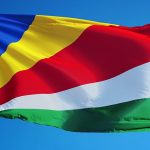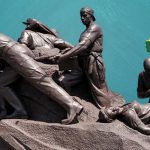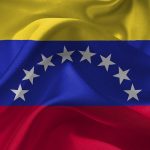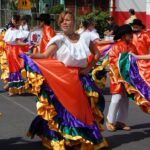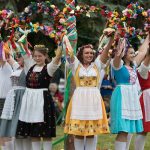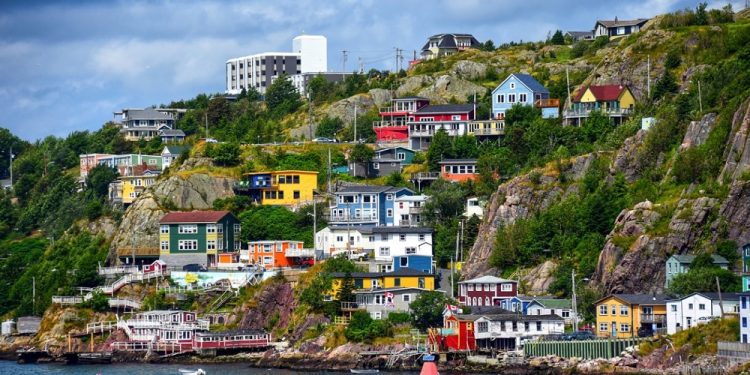
Discovery Day in Newfoundland And Labrador
Discovery Day was a holiday observed between 1962 and 1992 but is now known as June Day. This holiday is observed on the Monday closest to June 24th and honors the day when John Cabot discovered the province on this date in 1497. The name of this holiday was changed because Cabot could not have “discovered” this province as there were already indigenous people living in the area.
Another reason for the controversy is that Cabot’s arrival in the area marked the beginning of centuries of conflict between indigenous peoples and Europeans. Regardless, now celebrated as June Day, this holiday is observed as a provincial holiday in Newfoundland and Labrador.
The History of Discovery Day
John Cabot was a Venetian navigator and explorer who decided to make voyages to the new lands after being inspired by Christopher Columbus’s voyages to the west. He received funding from Henry VII of England and set out for the new lands in 1496. However, he ran into bad weather and decided to return to England.
The following year, Cabot decided to try the voyage again, so on May 2, 1497, he left Bristol and set out on his voyage. On June 24, 1497, he made landfall on the coast of North America. This was the first time Europeans set foot on the continent since the 11th century when Vikings landed in the area.
Historians are not clear exactly where he landed, but Cape Bonavista in Newfoundland was designated as his official landing place by the Canadian government in 1997. Discovery Day was made a holiday in 1962 and remained one until 1992. This is when it was removed from the Shops Closing Act. The holiday is now known as June Day.
Observing Discovery Day
Most of the celebrations take place in Bonavista, although some other communities choose to observe it on their own. Some of the festivities that can be observed on this holiday include a children’s parade, a motorcade, and other special events.
